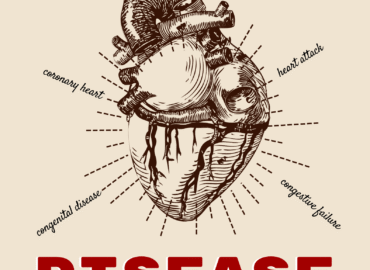- You have no items in your shopping cart
- Continue Shopping
Arthritis is one of the most common health conditions worldwide, affecting millions of people of all ages. It refers to inflammation of the joints, which leads to pain, stiffness, and reduced mobility. While it is often associated with aging, arthritis can affect children and young adults as well. There are over 100 different types of arthritis, but the most common are osteoarthritis and rheumatoid arthritis.
Osteoarthritis is caused by the gradual wear and tear of cartilage—the tissue that cushions the ends of bones in a joint. As the cartilage breaks down, bones begin to rub against each other, causing pain and stiffness. This type of arthritis commonly affects the knees, hips, hands, and spine. Rheumatoid arthritis, on the other hand, is an autoimmune disease where the immune system mistakenly attacks the lining of the joints, causing inflammation and joint damage.
One important fact about arthritis is that it is a leading cause of disability worldwide. Symptoms can vary from mild joint discomfort to severe pain that interferes with daily activities. Common signs include joint pain, swelling, stiffness (especially in the morning), and decreased range of motion. Early diagnosis and treatment are crucial to prevent permanent joint damage.
Risk factors for arthritis include age, family history, obesity, previous joint injuries, and gender—women are more likely to develop certain types of arthritis. Lifestyle plays a big role as well; maintaining a healthy weight, staying active, and protecting joints can reduce the risk or slow progression.
Treatment for arthritis focuses on managing symptoms and improving quality of life. This can include medications such as anti-inflammatory drugs, physical therapy, regular exercise, joint-friendly activities like swimming or yoga, and in severe cases, surgery such as joint replacement.
Another key fact is that arthritis is not just a physical condition—it can also affect mental health. Chronic pain can lead to stress, anxiety, and depression, making emotional well-being an important part of treatment. Support groups, counseling, and stress-reducing techniques like meditation can help patients cope.
Globally, arthritis is a major public health challenge, but with proper management, most people can live active and fulfilling lives. Advances in medical research have led to new treatments that can slow the progression of rheumatoid arthritis and improve outcomes.
In conclusion, arthritis is a common but manageable condition. Awareness, early diagnosis, and proactive care are essential in reducing its impact. By staying active, maintaining a healthy weight, and seeking medical advice at the first sign of joint pain, individuals can protect their joints and maintain mobility for years to come.


